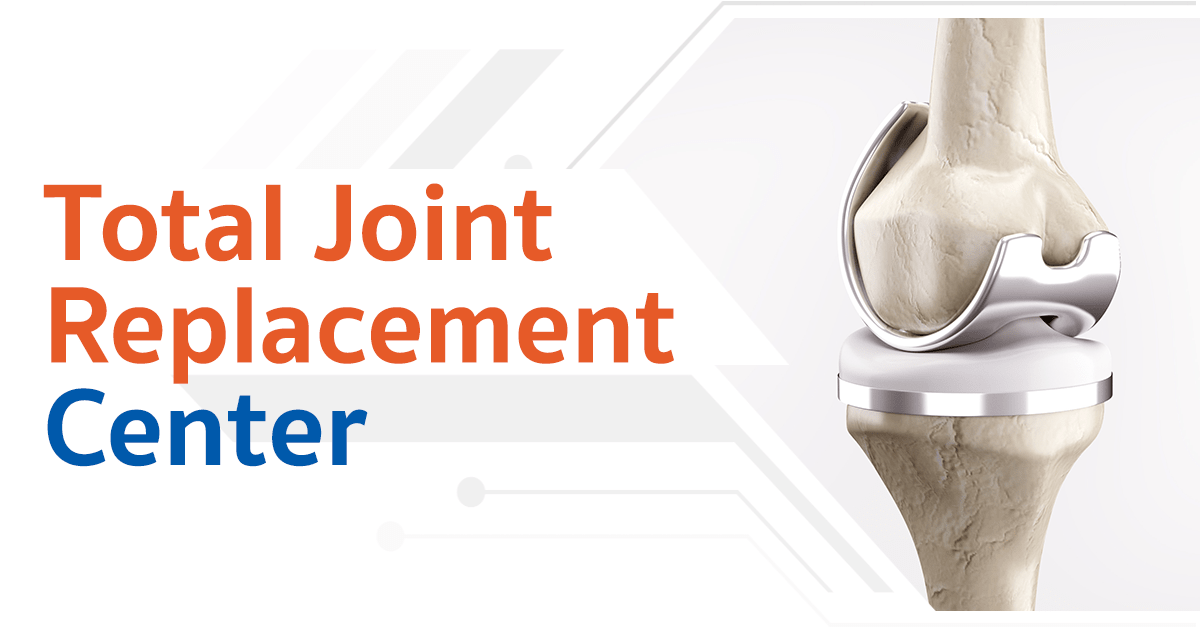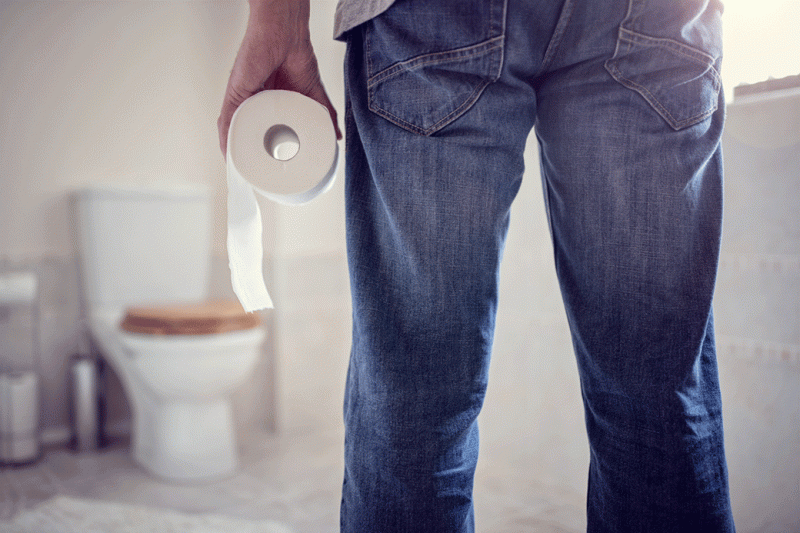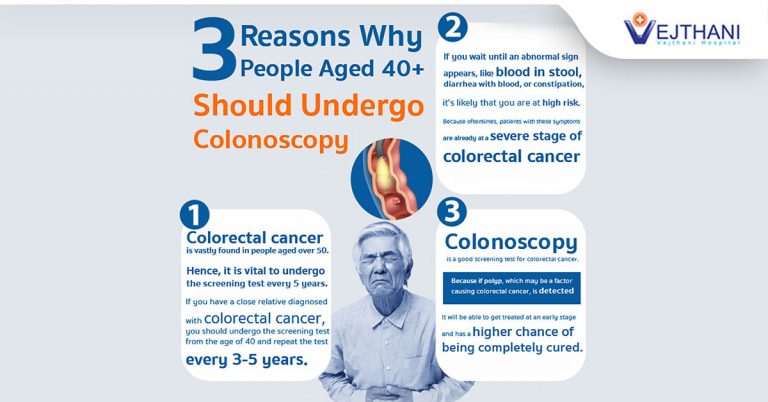Fix Constipation with Bowel Training
There are a lot of myths and misconceptions related to constipation and “we have to poop every day” is one of them. In fact, an average amount of bowel movement varies individually considering some factors such as age, lifestyle, diet routine and much more.
Some people have their bowel movement daily while some may have it once in every 2-3 days. As long as the flow and frequency of your toilet routine continues as usual, it is considered as healthy. However, if you have a longer gap between each bowel moments, you find it hard to push, you take longer time in the toilet and your stool is hard, these conditions can tell that you are having constipation. Furthermore, having the mentioned condition for 3 months can cause chronic constipation which leads to hemorrhoids, colon inflammation or anal cancer.
Signs of Having Constipation
- Less bowel movements (3 times/week or every 3 days is considered as normal)
- Hard stool
- Hard to push or longer time in the toilet
- You feel like you haven’t emptied your bowel
Diagnosing and Treating Chronic Constipation
If the patient has confirmed that the chronic constipation is not a result of thyroid abnormality, some types of medicine, gut obstruction and colon cancer; and the condition is not improving after lifestyle and diet adjustment, the doctor may introduce a different kind of treatment.
Anorectal manometry is a test that measures how well the rectum and anal sphincter are working which includes a colonic transit time and a hydrogen breath test to solve constipation and figure out its root cause.
If the patient has fecal incontinence problem; involuntary or inappropriate passage of stool, a doctor will introduce Biofeedback Treatment. It is a cooperative work between patient and doctor monitoring the real-time muscle activities and the patient is asked to change the responses to solve the incontinence problem.
Stop Laxative Abuse
Taking laxative can ease constipation symptom but the more laxative you take, the more your bowel will get addicted to it which is called a “Lazy Bowel”. At this point, the patient is not able to have a bowel movement without a laxative. Seeing a doctor can help you know the root cause and adjust the right laxative until you can finally stop taking them.
- Readers Rating
- Rated 5 stars
5 / 5 ( Reviewers) - Spectacular
- Your Rating

























